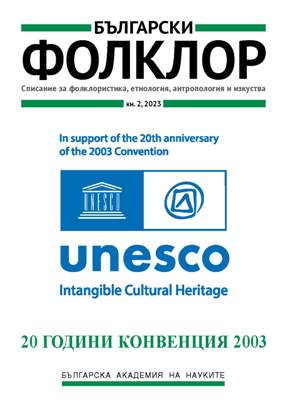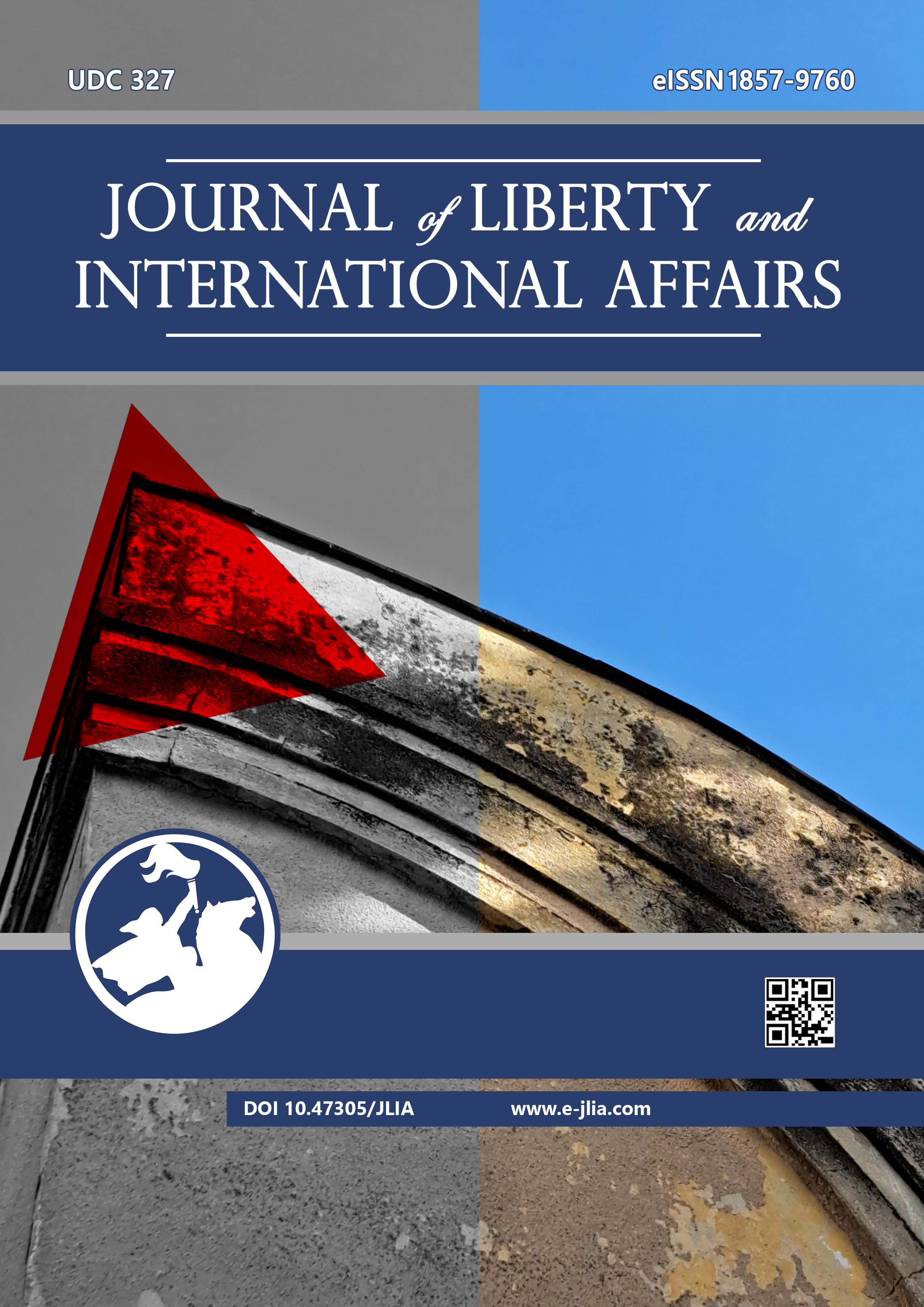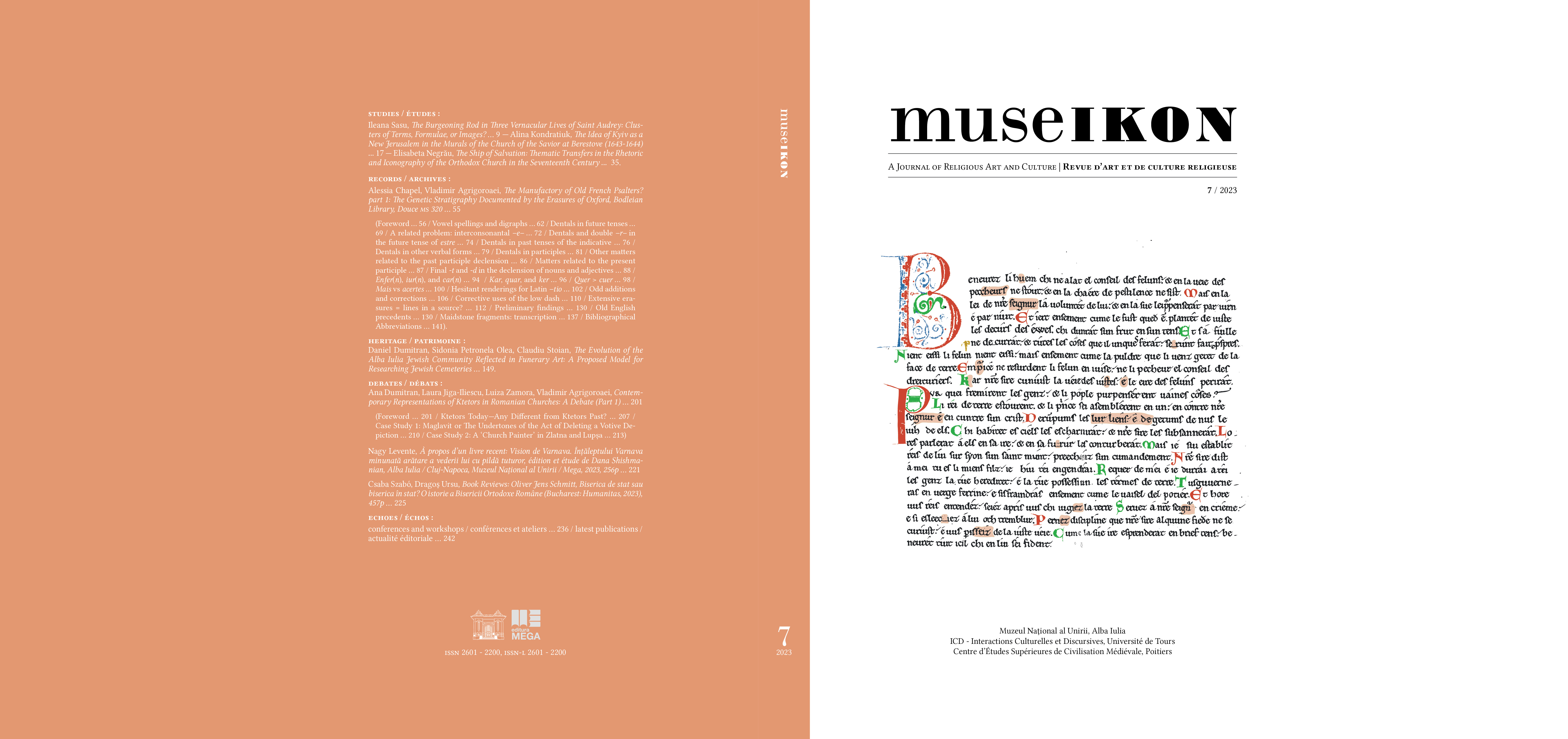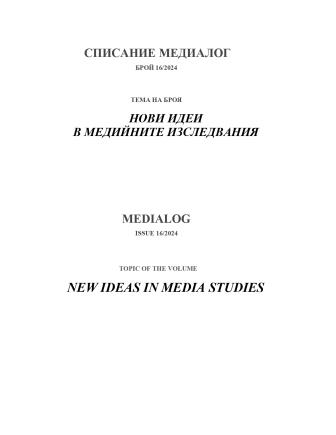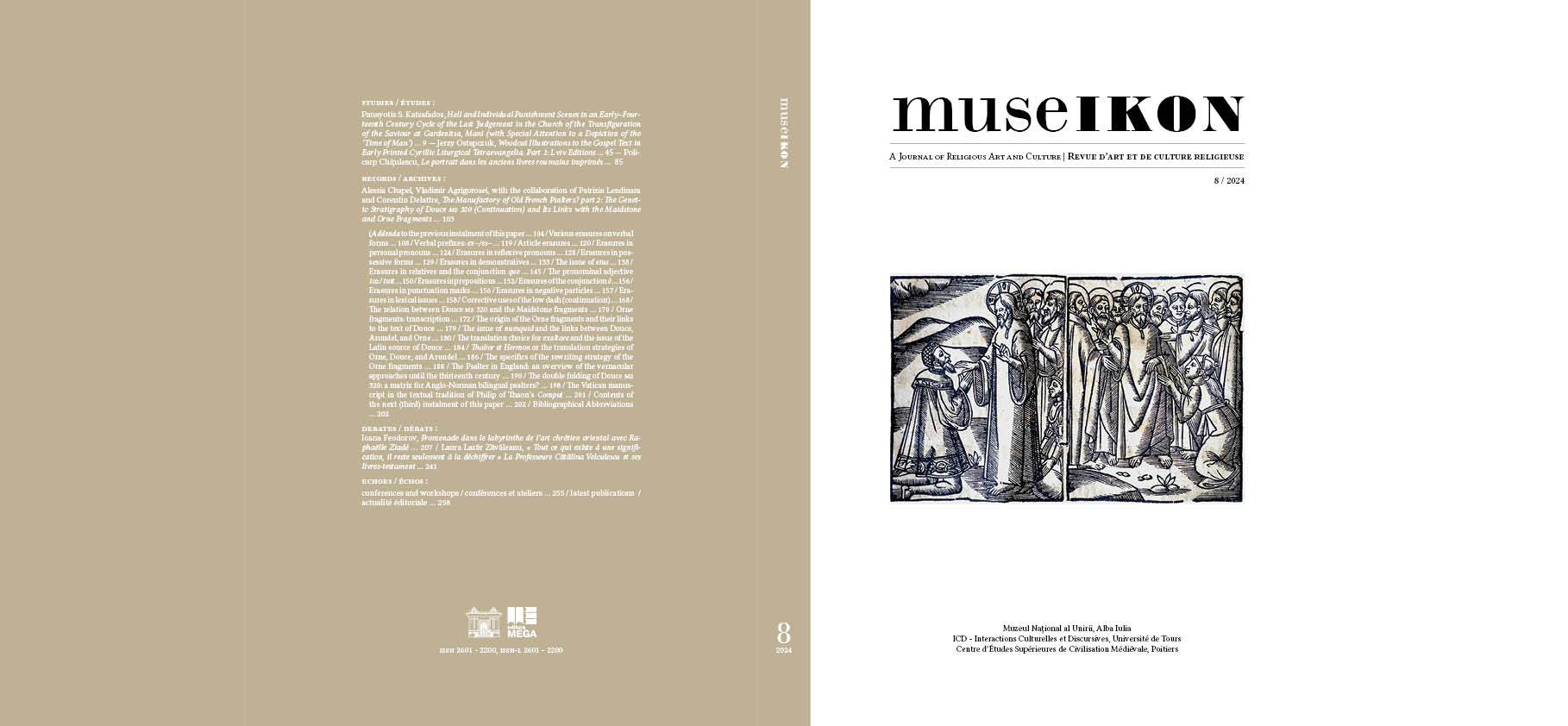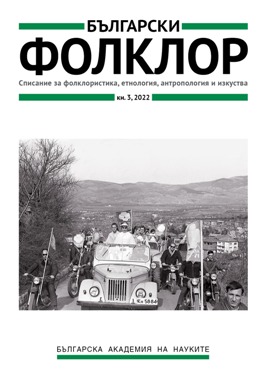
Празникът „Кюстендилска пролет“ и социалистическата празничност: Идеология и политики (Част 2)
The article analyzes the local holiday “Kyustendil Spring Day”, invented in the late 1960s, in the context of the socialist festivity policies by examining the ideological content inscribed in its semantics, symbols and rituals. The overarching research questions refer to the instrumentalization of the holiday by the socialist authorities and its functions in the local festive calendar. The analysis rests upon archival material, articles in the local press, photographs, and discussions and comments in the social media networks, as well as upon a limited number of interviews conducted by the author.
More...
